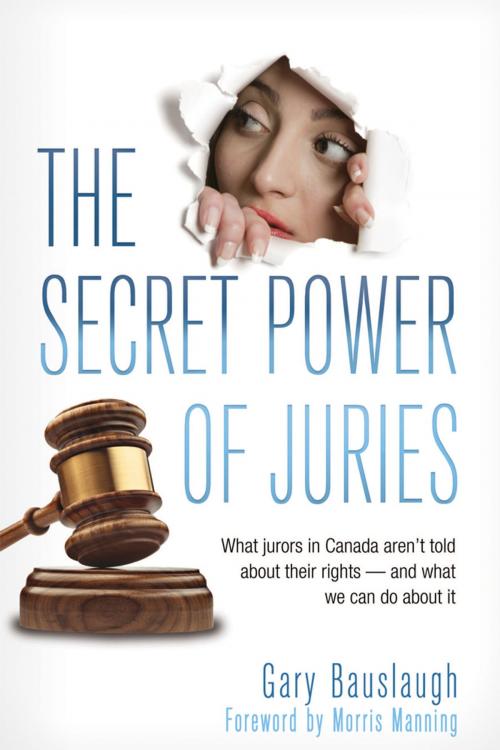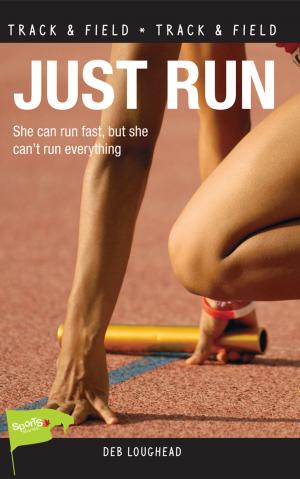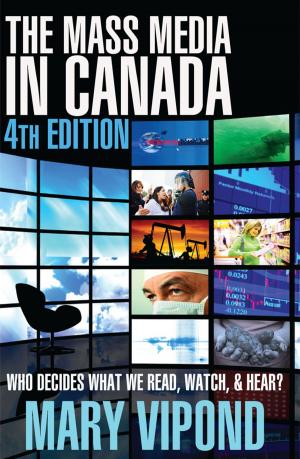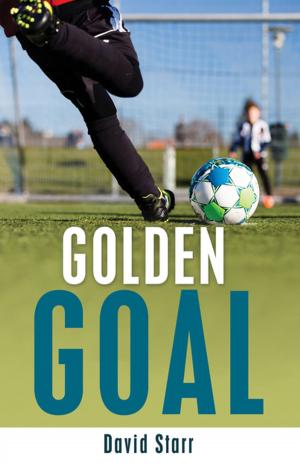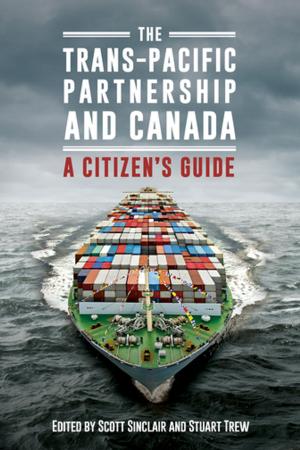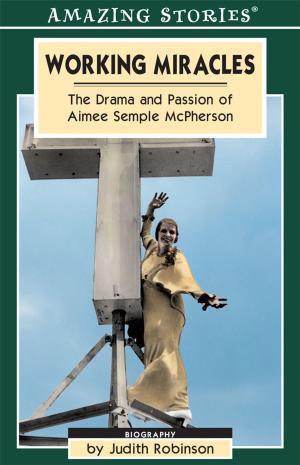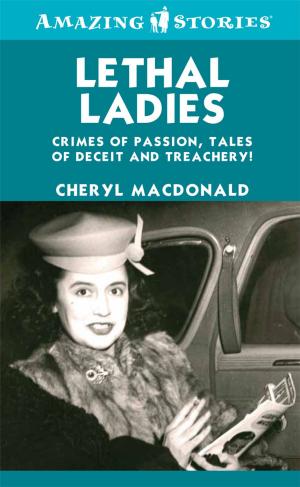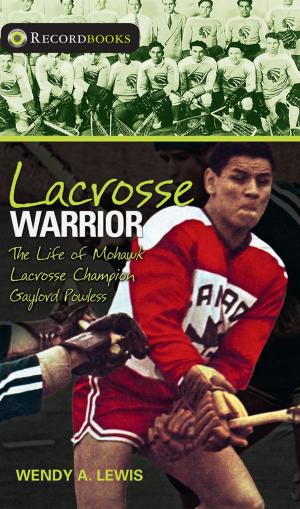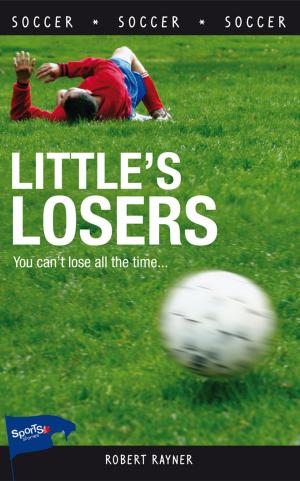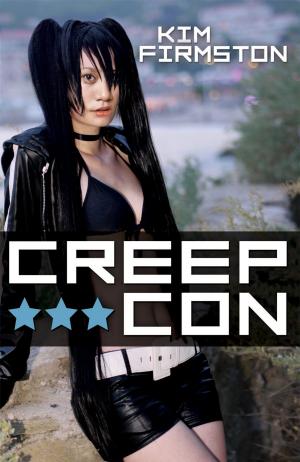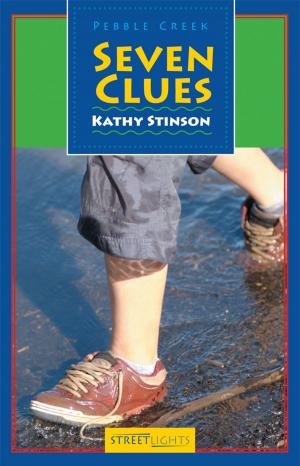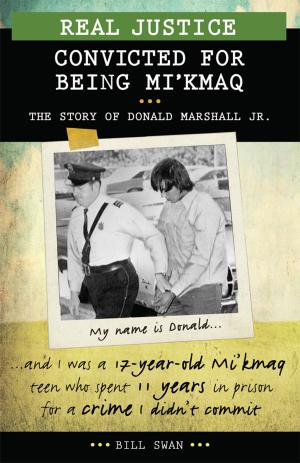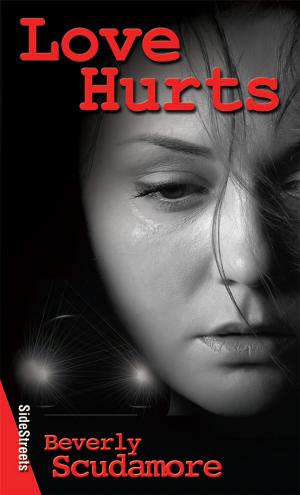The Secret Power of Juries
What jurors in Canada aren't being told about their rights -- and what we can do about it
Nonfiction, Reference & Language, Law, Jury, Social & Cultural Studies, Political Science, Government, Civics| Author: | Gary Bauslaugh | ISBN: | 9781459405066 |
| Publisher: | James Lorimer & Company Ltd., Publishers | Publication: | September 18, 2013 |
| Imprint: | Lorimer | Language: | English |
| Author: | Gary Bauslaugh |
| ISBN: | 9781459405066 |
| Publisher: | James Lorimer & Company Ltd., Publishers |
| Publication: | September 18, 2013 |
| Imprint: | Lorimer |
| Language: | English |
Canadians know that the jurors at a trial decide the defendant's guilt or innocence according to the law of the land. What they don't know is how far that right actually goes, and what the real power of juries is.
Sometimes people -- even jurors -- wonder if a law or a judgment in a particular case is a just one. When the law seems wrong, we are told there is only one solution: change the law.
In fact, though, in our legal system there is another remedy: When jurors decide that to question the fairness of applying the law in the case they are deciding may lead to a manifestly unfair and unjust result, they have the right not to apply that law. However, in Canada it is illegal and completely forbidden for a trial lawyer, or even a judge to tell jurors they have this right to nullify the law.
In the Canadian justice system, jurors can hand down a verdict of not guilty even if the facts pointing to guilt are clear, even if the accused doesn't deny the facts, even if the judge tells the jurors to find the accused guilty. This centuries-old safeguard, which goes along with the principle of jury independence, has protected people's rights and freedoms and helped sweep away laws that ordinary citizens think are outdated and unjust.
This power of juries is known to the legal community -- but is largely unknown by the general public -- until now. Gary Bauslaugh, author of Robert Latimer, A Story of Justice and Mercy (Lorimer, 2010), learned the specifics of this matter as a result of his research around the Robert Latimer case. In his new book, written for non-expert readers and citizens who have been summoned for jury duty, he tells the story of jury nullification from Quaker leader William Penn to the modern-day acquittal of Henry Morgentaler, who was charged with conducting abortions. Bauslaugh then lays out the arguments that some people make against jury independence and nullification, and makes his own argument in favour of these safeguards. He offers suggestions for jurors who may find themselves in a situation where their consciences are at odds with the law.
Canadians know that the jurors at a trial decide the defendant's guilt or innocence according to the law of the land. What they don't know is how far that right actually goes, and what the real power of juries is.
Sometimes people -- even jurors -- wonder if a law or a judgment in a particular case is a just one. When the law seems wrong, we are told there is only one solution: change the law.
In fact, though, in our legal system there is another remedy: When jurors decide that to question the fairness of applying the law in the case they are deciding may lead to a manifestly unfair and unjust result, they have the right not to apply that law. However, in Canada it is illegal and completely forbidden for a trial lawyer, or even a judge to tell jurors they have this right to nullify the law.
In the Canadian justice system, jurors can hand down a verdict of not guilty even if the facts pointing to guilt are clear, even if the accused doesn't deny the facts, even if the judge tells the jurors to find the accused guilty. This centuries-old safeguard, which goes along with the principle of jury independence, has protected people's rights and freedoms and helped sweep away laws that ordinary citizens think are outdated and unjust.
This power of juries is known to the legal community -- but is largely unknown by the general public -- until now. Gary Bauslaugh, author of Robert Latimer, A Story of Justice and Mercy (Lorimer, 2010), learned the specifics of this matter as a result of his research around the Robert Latimer case. In his new book, written for non-expert readers and citizens who have been summoned for jury duty, he tells the story of jury nullification from Quaker leader William Penn to the modern-day acquittal of Henry Morgentaler, who was charged with conducting abortions. Bauslaugh then lays out the arguments that some people make against jury independence and nullification, and makes his own argument in favour of these safeguards. He offers suggestions for jurors who may find themselves in a situation where their consciences are at odds with the law.
